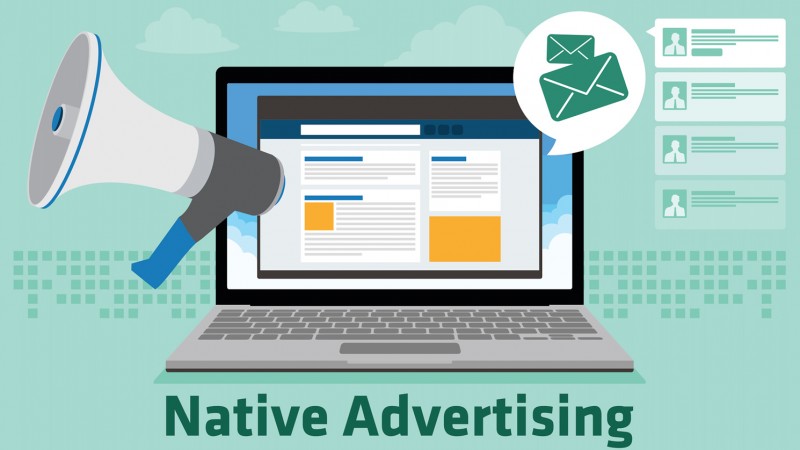Are You Ready for "Native Advertising"?
- Details
- Written by Will from Holland
- Category: Modules

When conducting web searches, do you know how to tell the difference between search results that give you really helpful information and advertisements that may give you nothing useful at all (or try to sell you things)?
If you do, you're doing a lot better than most kids aged 12-15.
The Verge reports that about 70% of 12-15 year-olds are unable to recognize the difference and about 20% believe that if a search engine is displaying information, then it must be "true".
According to the news site The Verge, most young people struggle to see the difference in a search result that is a pure advertisement and a search result that can really help you.
The Verge reports that about 70% of 12-15 year-olds are unable to recognize the difference and about 20% believe that if a search engine is displaying information, then it must be "true".
These scary results occur often, even though most search engines make some effort to mark paid search results as advertising. Searches that are actually paid advertisements may be positioned in a special way, marked as display advertisements, or listed in a colored box.
So, Who Cares? Well, You Should
According to Going Native and other recent research papers, all of us, at times, accept advertisements that look like honest editorial content as truth. Now that is a scary thought: Native advertising.
That's the problem: The primary job of most advertisers isn't to tell you the truth about a product or service, it is to get you to buy a product or service. The result? No advertiser is going to tell you the bad things about their product or service.
If you click on a advertisement thinking you're getting useful information, and if you believe that information, you can—and probably will—be hurt in many different ways.
Let me define "hurt":
-
You buy junk rather than a quality item and waste money.
-
You pay too much for a certain product or service, because you clicked the ad rather than performed a more thorough search to find the cheapest product.
-
You buy a product or service that you didn't need. Your search query pulled up a cool toy or service (gadgets, magazine subscriptions, apps for your phone, etc.) so you clicked on it and bought something that you didn't need or weren't looking for. We call this impulse buying.
-
You hurt your health. Some of the worst offenders, when it comes to ads that look like valuable information, are in the health industry.
And get this: Native advertising isn't confined to search engines or phony websites that promise millions for a day's work. The most legitimate news sources are now seamlessly placing advertising hype in the midst of serious stories. They are integrating "sponsored content" stories into the search engines which display their hard-news stories.
So, How Do You Deal with This?
Get into the habit of questioning virtually every source of information. As FoolProof says, you must learn to be a skeptic: To use caution; question sellers; rely on true research.
Tips to become a skeptic:
-
Remember that the top results on virtually all search engines are not necessarily the best—or even the most honest search results.
-
Don't automatically click the top links on a search page. If you do click on them, take everything you read and see with a grain of salt.
-
Always look for sources that tell you the good and the bad about any product or service.
-
Use search terms that help you find out the truth. For instance, I always Google "Problems with…." a product or service before buying it.
-
Don't think that the most popular search results are always the most accurate search results. Smart or unethical marketers are working hard to manipulate their clients' positions on search engines.
Is What I'm Saying True?
Do this going forward: Step back and look carefully at any website you visit—whether it is a search engine website or a "news" website. Ask yourself, "What is going on here?"
I bet at some point you will find yourself looking at an advertisement, rather than useful information, without realizing it.
In a blink, the line between truly useful content, advertising, and entertainment has virtually disappeared. If you're not careful, your wallet and your welfare will be hurt.
FoolProof will be following the concept of native advertising closely. We will be offering you tools to help you learn habits to protect your wallet and your welfare.
Cheers, Will














